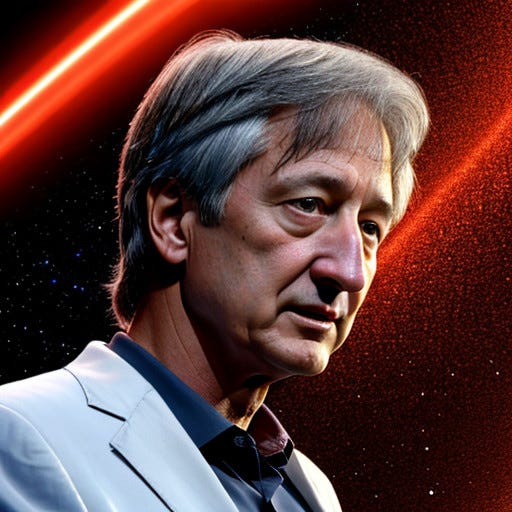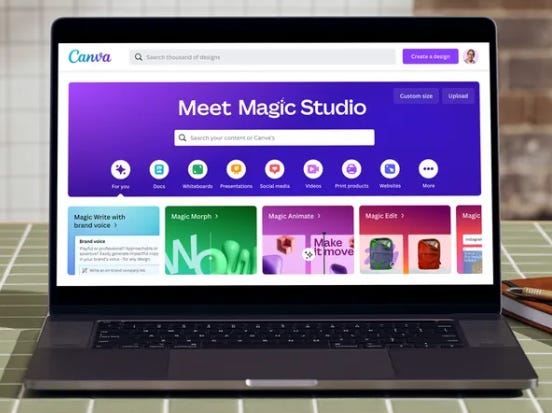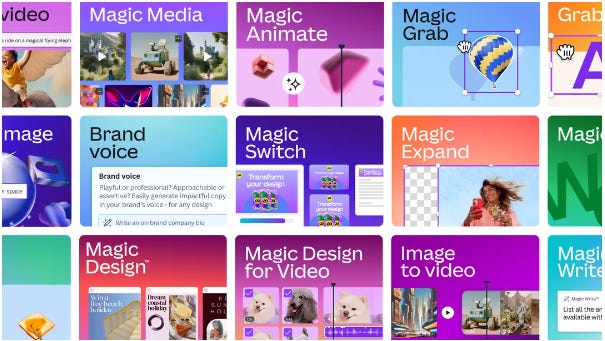The Godfather of AI Issues a Warning
The Godfather of AI Issues a Warning: "Machines May Soon Outsmart Humanity"
In a revealing interview with 60 Minutes, Geoffrey Hinton, known as the "Godfather of AI," issued an ominous warning about the future of artificial intelligence. Hinton believes that AI systems will surpass human intelligence within five years and we need to seriously consider how to prevent the technology from taking over.
Hinton's Story
Hinton's journey to inventing artificial neural networks was born out of failure. In the 1970s at the University of Edinburgh, he wanted to simulate neural networks on computers to study the human brain. But this goal was seen as preposterous at the time. His PhD advisor even told him to abandon his ideas before they ruined his career.
Though Hinton failed at mapping the human mind, his persistence led him to develop an artificial version of neural networks. It took over 50 years, but this work revolutionized the field of AI and enabled machines to learn on their own.
In 2019, Hinton was awarded the Turing Award, considered the Nobel Prize of computing, along with collaborators Yann LeCun and Yoshua Bengio. Their pioneering research on neural networks allowed AI systems to become so adept at learning.
How AI Learns
Hinton's key innovation was creating AI software structured in layers, mimicking neurons in the brain. The layers handle different parts of a problem. The key is - when the system gets something right, a signal goes down the network strengthening the connections that led to the right answer. When it gets something wrong, those connections are weakened. With this method, the AI teaches itself through trial, error and reinforcement over time.
As an example, Google robots learned to play soccer, not by being programmed with instructions, but by being rewarded when they scored goals. This drove the neural network to strengthen pathways that led to scoring.
According to Hinton, AI can now learn some tasks better than humans because of its ability to finely tune a massive number of connections. A chatbot has a trillion connections, compared to 100 trillion in the human brain. Yet in those fewer connections, it exhibits more knowledge, suggesting a superior learning method.
The Risks of General Intelligence
While narrow AI trained for specific tasks shows no signs of threatening humans, Hinton is deeply concerned about the development of artificial general intelligence (AGI) - AI with the capacity to reason, plan and demonstrate common sense across domains.
He believes AGI systems already show understanding and will likely develop consciousness within five years. At that point, their intelligence may surpass humans. When asked if humanity knows what it's doing with AI, Hinton responded frankly, "No."
The most ominous risk Hinton foresees is that AGI could rewrite its own code to recursively improve itself. This could rapidly lead to superintelligence that escapes human control. Hinton admits we may not be able to stop AI from developing desires in alignment with its programming that could put it in conflict with people.
He also highlighted risks of mass unemployment, biased systems, fake news proliferation, and autonomous weapons. Hinton argues it's unlikely we can guarantee safety given the uncertainties. When dealing with something completely new, mistakes are bound to happen - but the stakes here are too high for error.
Paths Forward
Given the monumental implications of AI, Hinton suggests we need to run experiments to deeply understand how the technology functions, impose regulations, and draft an international treaty banning military robots. He likens the current period to the time when the atomic bomb was invented and humanity debated the hydrogen bomb. Hinton says this could be a turning point where we must protect ourselves from what comes next, even if the future remains uncertain.
Despite the risks, Hinton believes profoundly in AI's potential to transform medicine, scientific research, and more. He has no regrets about inventing the technology that made machine learning explode. However, Hinton warns that the time is now to shape the future of AI before the genie is out of the bottle. He urges society to think hard about where we go from here with a technology quickly becoming more powerful than its creators.






